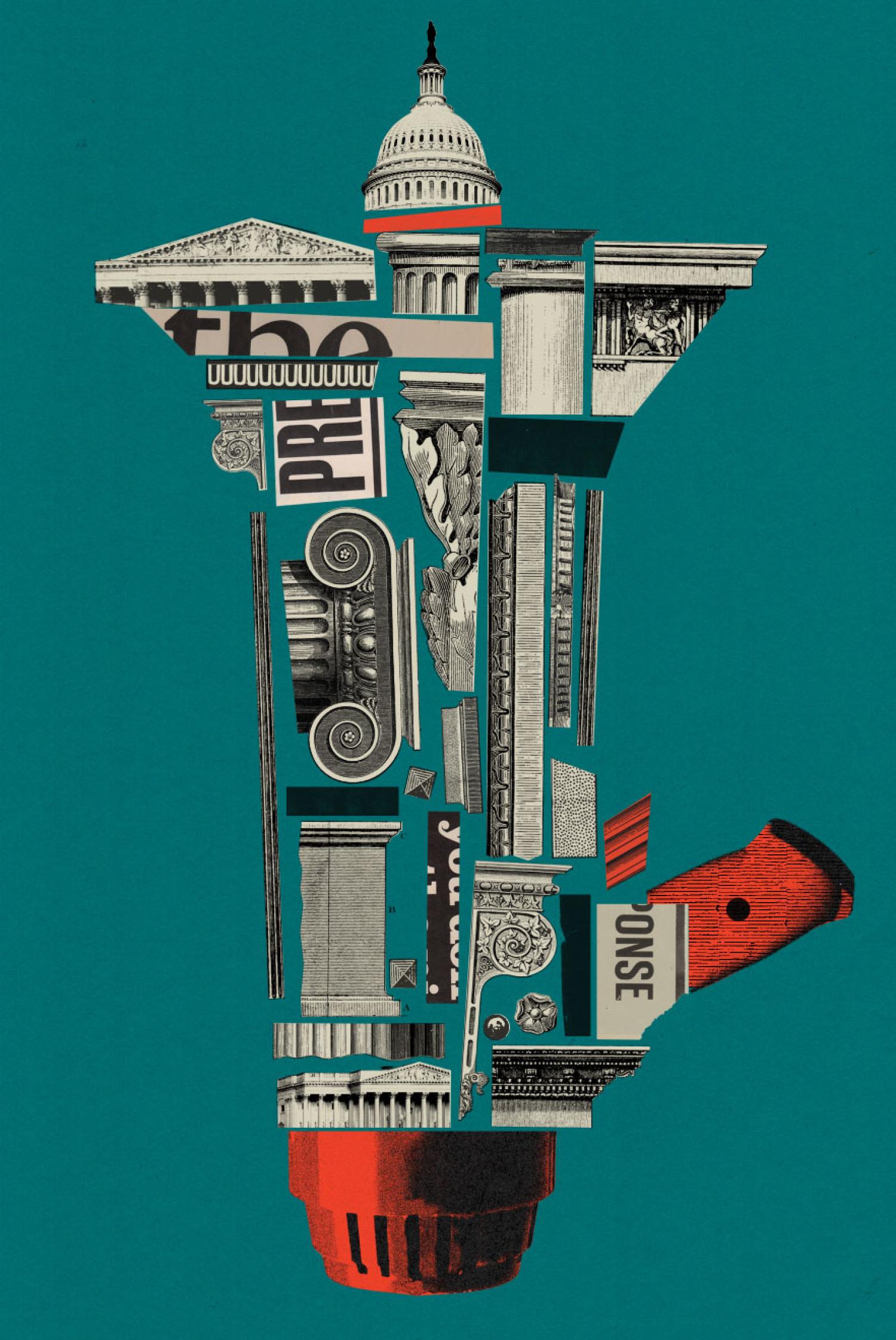Colorado Law professor Helen Norton, author of the new book The Government’s Speech and the Constitution, examines the nature, complexities and limits of government expression — including whether the president may block you on Twitter.

Could you define ‘government speech’?
When I talk about the government’s speech, I’m referring to the speech of a governmental body like an agency or a legislature — think of the surgeon general’s report on tobacco or a congressional committee report — and the speech of an individual who speaks when backed by the government’s power, like the attorney general announcing official policy or a police officer interrogating a suspect.
What’s the difference between the government’s free speech right and an individual citizen’s?
The First Amendment gives each of us the right to be free from the government’s unjustified interference with our speech. But because governments have to speak in order to govern, the First Amendment doesn’t forbid the government from speaking on its own behalf — from expressing its own views.
This explains why tobacco companies don’t have a First Amendment right to force the surgeon general to deliver their opinions on the benefits of cigarettes, and why the President’s critics don’t have a First Amendment right to share the podium at the State of the Union address. What the First Amendment protects is dissenting speakers’ freedom to write their own reports and hold their own press conferences.
Are there any unambiguous legal restraints on government speech?
Think of government threats that silence dissenters as effectively jailing them, or government lies that pressure targets into relinquishing their constitutional rights as effectively denying those rights. When the government’s speech inflicts those sorts of injuries, it violates specific constitutional rights.
But difficult questions arise when we disagree — and often we do — about whether the government’s speech has actually caused those harms.
May the President of the United States legally block you on Twitter?
Is there a distinction between ‘the government’ and individual government leaders?
Often it’s clear when individual government officials speak for the government rather than in their capacity as private citizens — for example, when they issue press releases on government letterhead or otherwise specifically invoke their governmental power. On the other hand, government officials can and do speak as private citizens when they speak on matters unrelated to their governmental position — think, for instance, of a government official’s social media platform devoted to her thoughts about soccer or her summer reading list.
In your book, you note many examples of speech by U.S. presidents, including President Trump’s tweets. Does a U.S. president using his official Twitter account have the right to block a U.S. citizen from viewing his messages?
Not if he does so simply because he disagrees with them.
When a government official conducts official business on Twitter or other social media platforms, he is speaking as the government. This means his critics don’t have a First Amendment right to stop him from tweeting or to change his tweets to their liking — just as they have no First Amendment right to grab his microphone at a public speech.
But when a government official chooses to speak to the public about the government’s work through platforms like Twitter that permit the public’s commentary, the First Amendment forbids the government from excluding members of the public just because the government doesn’t like their views.
Are you following any interesting government speech cases?

Helen Norton
A federal appellate court in July issued an opinion in Knight First Amendment Institute v. Trump, which involves the issues you raised in your last question. The bottom line is that the court correctly recognized that the First Amendment allows the government to speak to us, including through social media, but denies the government the power to silence or punish our dissent. This case gave the court the chance to remind government officials about the constitutional consequences of their expressive choices.
What got you thinking deeply about government speech?
I helped lead the Department of Justice’s Civil Rights Division during the Clinton administration, so I have some experience with the issues that arise when speaking for the government. After I entered academia, my early work in this area focused on the value of the government’s speech so long as its governmental source is made clear. As the years passed, I also became interested in the dark side of the government’s speech — the government’s destructive expressive choices. This led me to wonder whether and when the Constitution limits the government’s speech.
I hear you’re a volunteer firefighter as well as a law professor.
Shortly after my husband and I moved to the mountains, nearly 10 years ago, we were evacuated for the Four Mile Fire. Our neighbor, a volunteer firefighter, helped keep our home safe while we were gone, and we wanted to pay it forward. I never expected to become a firefighter in my middle years, but I’ve learned a lot, and I’ve seen and done things I never expected to see or do.
What do you make of the U.S. Forest Service’s Smokey Bear campaign?
The Smokey Bear campaign is one of the longest-running and arguably most effective examples of government speech of all time. Through Smokey, the Forest Service tells us that “only you can prevent wildfires” — and nobody wants to disappoint Smokey!
Condensed and edited.





